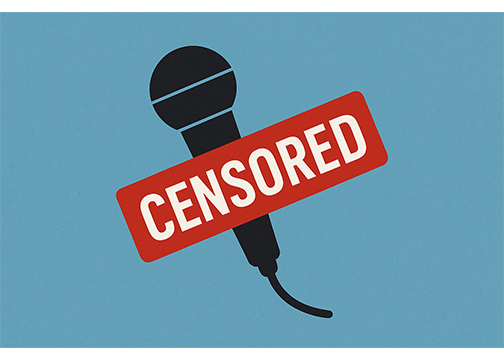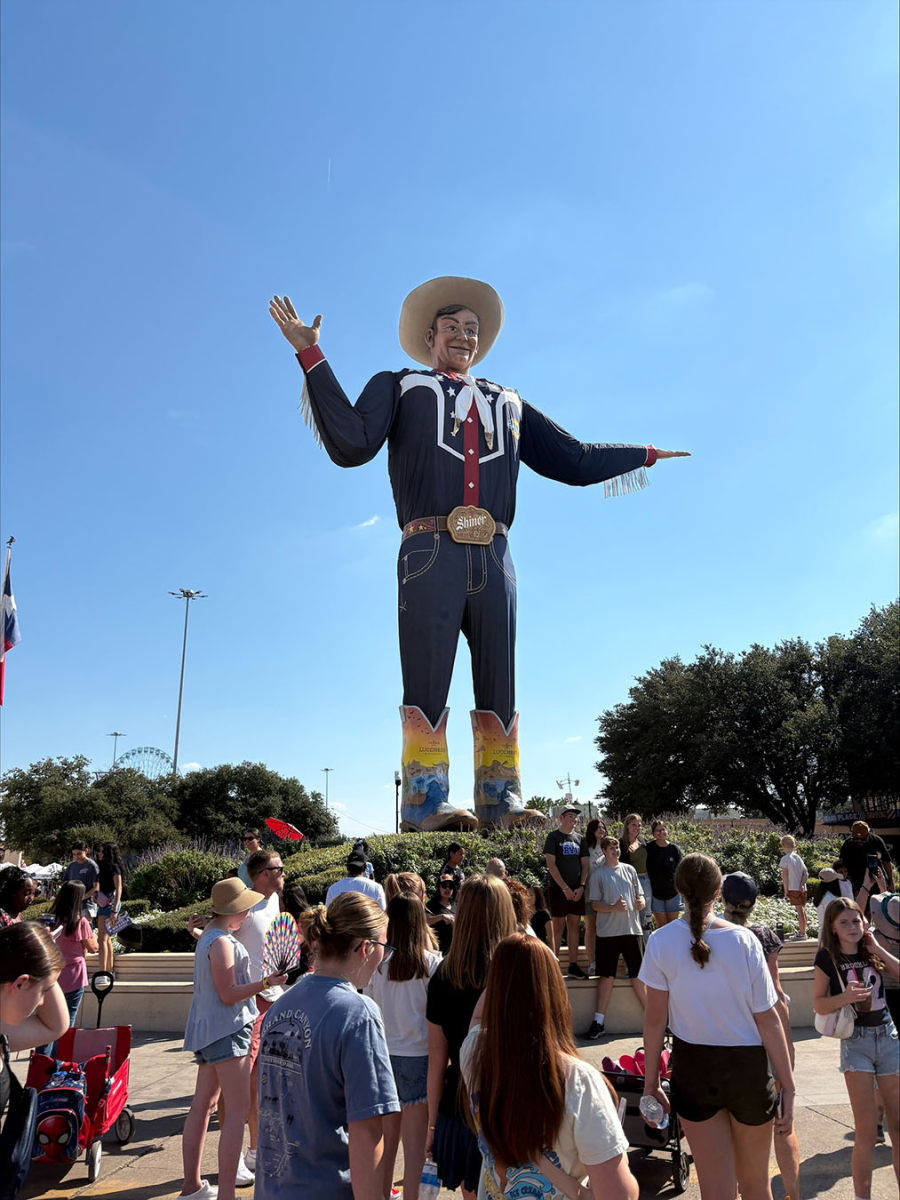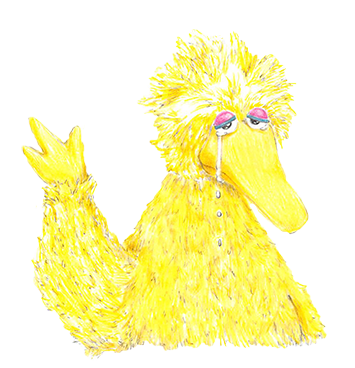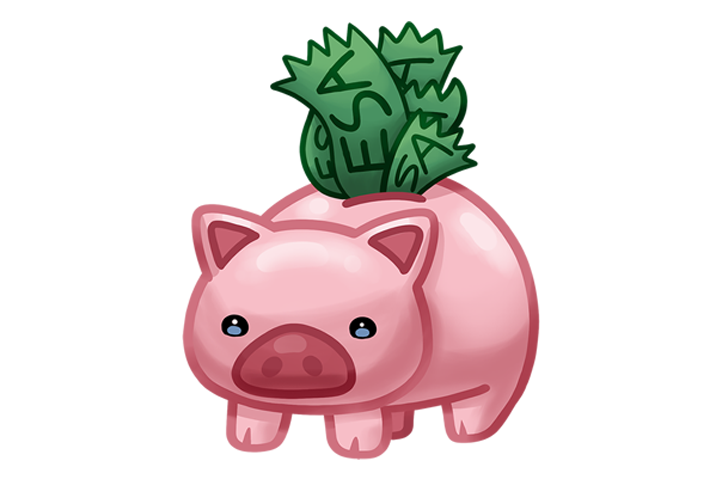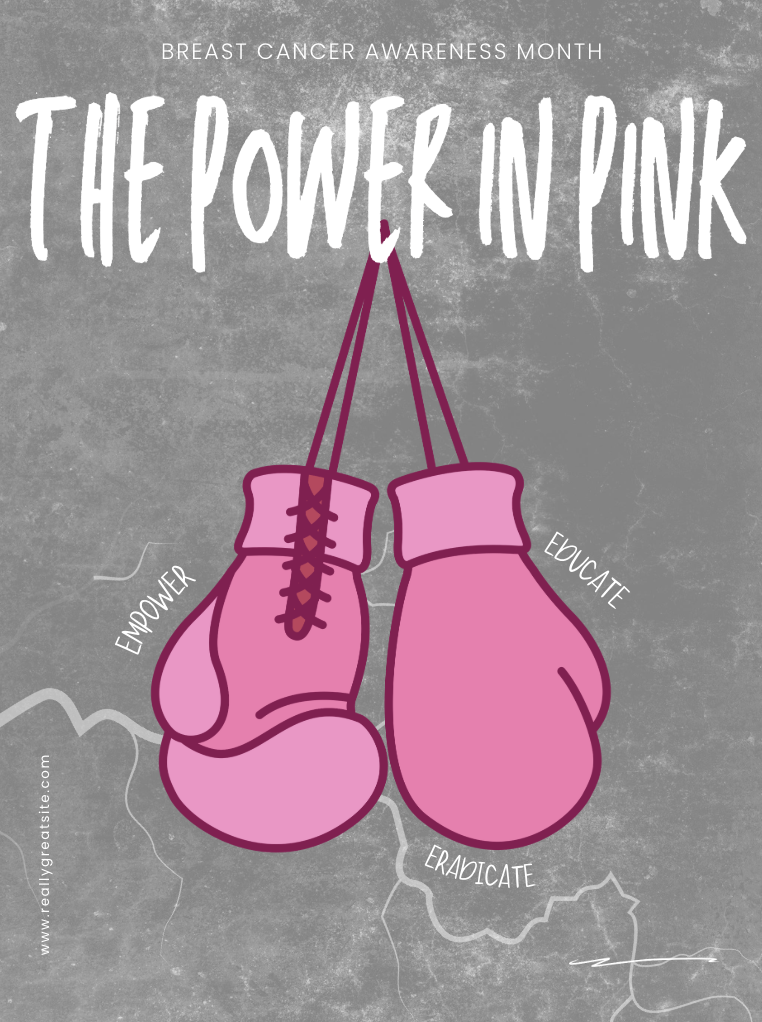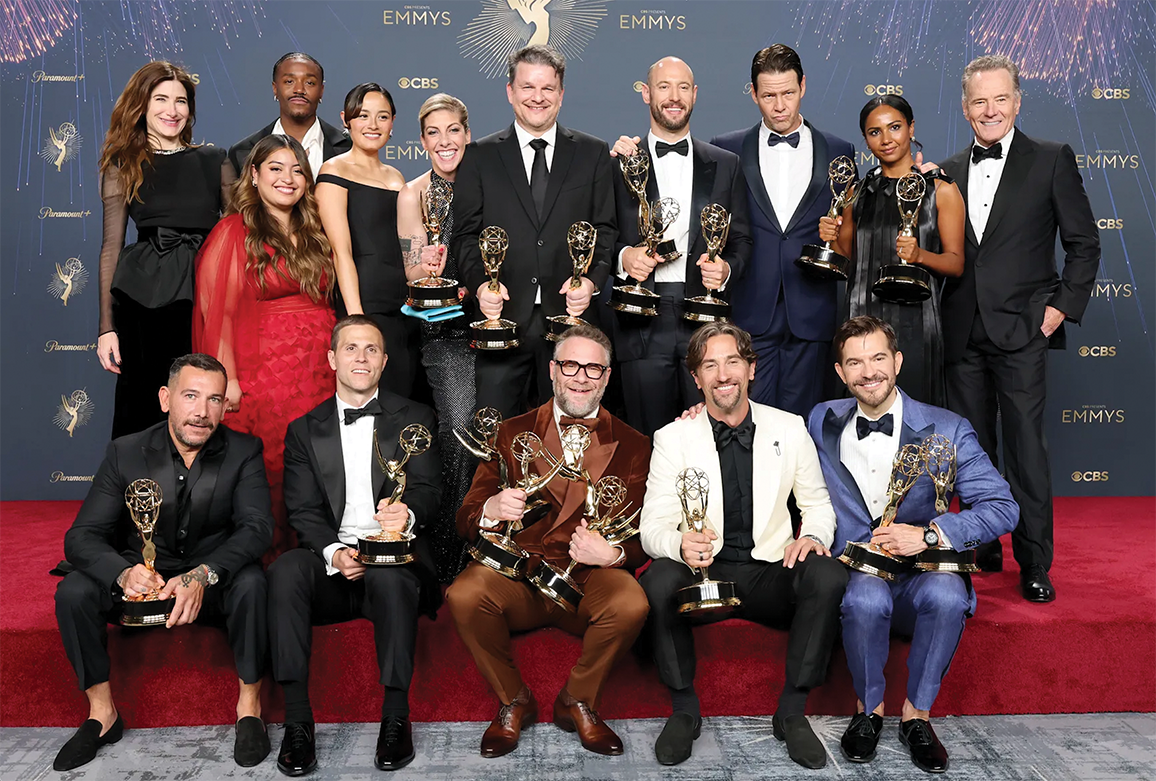Jimmy Kimmel’s job is to make people laugh. Every weeknight, the longtime host of Jimmy Kimmel Live! stands under the bright lights of ABC’s Los Angeles studio, delivering jokes about the day’s biggest headlines. But when a recent joke about conservative commentator Charlie Kirk aired, the laughter quickly turned into outrage.
On the September 15 episode, Kimmel quipped that the “MAGA gang” was scrambling to reclassify “the man who assassinated Charlie Kirk so he wouldn’t seem like one of them.” The line drew swift backlash online, with critics calling it insensitive and politically charged.
After the episode aired, conservative backlash exploded. Federal Communications Commission (FCC) Commissioner Brendan Carr called the comments “divisive” and hinted that ABC could face consequences. Political allies of President Trump echoed the outrage. Within a day, ABC suspended Kimmel, and affiliates stopped airing the show.
Upper School Foreign Policy teacher Lucio Benedetto saw the move as a deliberate overreach.
“It’s the FCC’s job to lease the airwaves and regulate decency, not to decide which jokes the president finds funny,” he said. “When government pressure is used to silence satire, that’s not just censorship, it’s dangerous.”
This wasn’t an isolated incident. Around the same time, Trump filed a $15 billion lawsuit against The New York Times, accusing the paper of publishing “knowingly false” information that damaged his reputation. A judge tossed the lawsuit for being too long and unclear, but Trump’s legal team is expected to file a shorter version soon.
The American Civil Liberties Union (ACLU) responded to Kimmel’s suspension, calling it part of “the Trump administration’s unconstitutional plan to silence its critics and control what American people watch and read.”
When Kimmel returned to the air five days later, he used his opening monologue to address the controversy.
“Political satire is one of the oldest and most important forms of free speech,” he said in his return episode. “It challenges those in power while using humor to draw more people into the discussion. That’s why people in influential positions have always targeted it for censorship.”
Across campus, conversations around political topics tend to be cautious and sometimes superficial. Senior Rabel McNutt believes the decision to stop airing Kimmel was justified, emphasizing the balance between rights and responsibility.
“It is free speech” she said. “But if you’re making hateful remarks then you’re welcome to use your free speech but then your company should be able to use their free speech as well.”
Junior Vittoria Sofia Testa, who follows late-night political commentary closely, said that politics at school often feels like a “forbidden topic.” She said many students prefer to avoid deep discussions.
“I’ve even been told politics has no place here, in or out of the classroom,” Testa said.
Despite this, Testa is deeply engaged in political debates. She follows a wide range of sources from progressive voices like Stephen Colbert and John Oliver to conservative outlets, including Fox News and Charlie Kirk himself.
Regarding Kimmel’s joke and the backlash, Testa was surprised by the scale of outrage. “Kimmel was respectful and even apologized,” she said. “His comments didn’t mock the tragedy.”
Benedetto believes that economic factors influenced the decision to take Kimmel off air.
“Late-night shows have been losing viewers for years as audiences move to streaming and podcasts,” he said. “Networks see controversies as opportunities to cut losses. But when government officials pressure media to censor content, it crosses a dangerous line.”
He pointed to the broader implications for democracy and America’s image abroad.
“We criticize countries like China and Russia for propaganda and censorship,” Benedetto said. “If the U.S. starts doing the same, it undermines our credibility as a global defender of free speech.”
However, McNutt sees the issue differently, focusing on accountability rather than government overreach.
“It’s like screaming fire when there isn’t one,” she said. “It’s free speech, but there are still consequences.”
McNutt also pointed out that in an age of social media, where clips circulate instantly and public reaction spreads fast, networks are under greater pressure to act decisively.
“When you have millions of people sharing their opinions online, companies have to think about their image,” McNutt said. “They’re not just reacting to what was said, but to how people feel about it.”
And it’s not the first time moments like this have happened. Benedetto points to the Sedition Acts, first passed in 1798 under President John Adams, and again during World War I under Woodrow Wilson; both times they were used to silence political critics and jail newspaper editors.
“We’ve seen presidents use federal agencies to silence critics before,” Benedetto said. “But the First Amendment was written for a reason. The government doesn’t get to decide which jokes, opinions or political views are allowed.”
For McNutt, however, the focus remains on responsibility rather than censorship.
“Free speech is important,” she said, “but so is understanding how your words affect others.
McNutt also brought up political polarization.
“Today’s political polarization can often cloud our judgment,” she said. “But at the end of the day, joking about someone being shot and children losing their father is not right, regardless of whether you believe everything he said.”
While opinions on the controversy vary, many agree that the debate reflects a growing tension between free expression, political sensitivity, and corporate responsibility in American media. As discussions about speech and accountability continue nationwide, Kimmel’s brief suspension underscores how complex and contested the boundaries of comedy and commentary have become.


